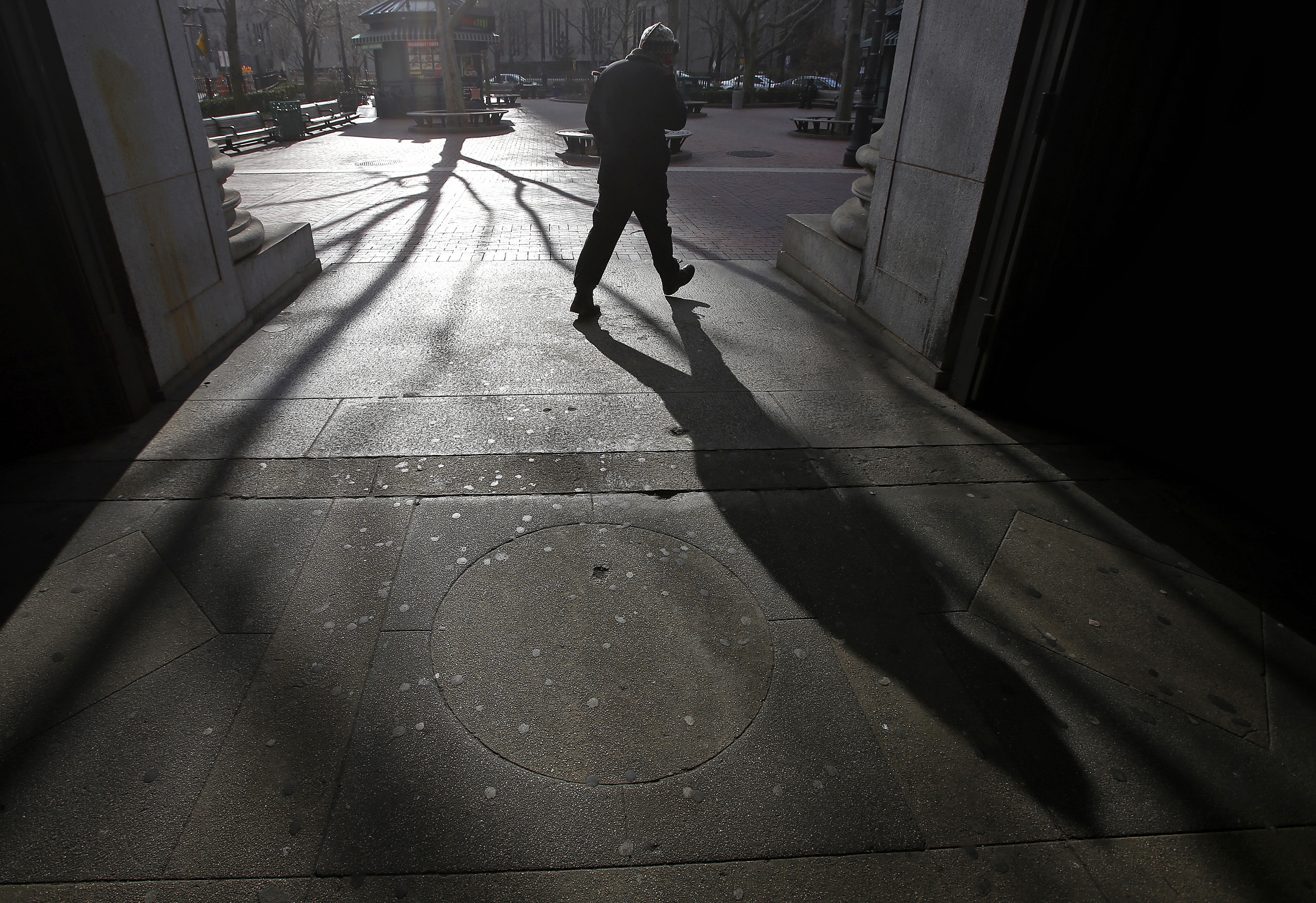
A spy thriller set in Switzerland

Informants, dead letter boxes and the international arms trade: what historian Erwin Bischof describes in his second book sounds like a spy thriller, but it’s true. His subject is how East German spies infiltrated Switzerland during the Cold War.
Well-known radio journalist and radio director Joachim Staritz – alias “Robert” – lived and worked in Switzerland for about six years in the 1980s. He had a vast network of journalists, artists and scientists. What nobody guessed was that Staritz was also working for Stasi – the security ministry of East Germany.
During the day he staged radio plays on Swiss Radio DRS, gave seminars at the University of Fribourg and led acting classes at the theatre. At night he reported to Stasi, revealing details of the lives of his Swiss friends and acquaintances and providing the names of high-ranking federal officials he had gotten to know, along with their political views.
The Stasi in Switzerland
The Staritz case is one of 13 espionage cases described by historian, former diplomat and liberal cantonal parliamentarian Erwin Bischof. His book Verräter und Versager – wie Stasi-Spione im Kalten Krieg die Schweiz unterwanderten (Traitors and Losers – How Stasi Spies Infiltrated Switzerland During the Cold War) was published this spring.
Over a period of nearly 20 years, Bischof combed 14 archives in Germany and Switzerland and pored over tens of thousands of files – in the process revealing a part of history that has been largely unknown here: Switzerland’s relations with the German Democratic Republic (GDR).
His first book on the topic, Honeckers Handschlag (Honecker’s Handshake), came out in 2010. His latest book describes how the Stasi operated in Switzerland’s political, economic and military arenas.

More
Skulduggery on display
Communist infiltration
Bischof’s goal is to counteract the trivialisation of the GDR.
“The threat of communism was much greater than we thought,” Bischof told swissinfo.ch. “In 13 of 500 existing espionage cases, I’ve been able to show how the GDR infiltrated Switzerland. People didn’t know it then. They were completely naive and believed that there was no threat coming to neutral Switzerland from the East.”
With his books Bischof wants to help make the Swiss public aware of the various aspects of the relationship between Switzerland and East Germany. According to Bischof, various politicians have commented on the topic.
“Most are happy that it’s finally being covered.”
Not always scientific
At the same time, parts of Bischof’s book read like a polemic against – as he calls them – “engaged” political left-wingers in Switzerland, including members of POCH (progressive organisations in Switzerland) and the left wing of the Socialist Party.
For example, he describes Marxist students at Bern University in 1969/70 as “childish” and “arrogant and stupid” – suggesting that they as well as others in the former “engaged Left” are indirectly responsible for the deaths of many millions of people killed under communism. In addition, Bischof sharply criticises many Swiss journalists of the 1970s – especially those from the Swiss Broadcasting Corporation – for having a “left-hand twist”.
Such criticism comes across as irrelevant. This – combined with some very colloquial phrases, adventurous digressions and headstrong conclusions – detracts from the book’s level of scientific rigour and makes Bischof vulnerable, even if the facts can be proven via documented sources.
“I do not want to be unassailable,” he says. “A history book that does not judge is just a pile of facts of no interest to anyone.”

More
Personal contacts remain lifeblood of espionage
Many open questions
“Bischof’s grasp is selective, not systematic,” says Jochen Staadt, project manager of the research network SED at Berlin’s Free University.
“His findings are not sensationally new for Germany. But for Switzerland they’re an important impulse. There, the topic wasn’t discussed as it might have been – and as it was in Germany in the 1990s.”
Staadt describes the Stasi spies in Switzerland as “field-forest-meadow spies” and “petty spies”.
Nevertheless, Staadt says that many questions remain unanswered. For example, the US forwarded documents relating to Stasi intelligence activities to the Swiss investigating authorities; these are still under wraps.
“No one knows what has become of this material. Even Bischof couldn’t get access to them,” says Staadt.
There are also questions about the whereabouts of funds of the East German foreign currency procurer Schalck-Golodkowski. During the Iran-Iraq War, the GDR sold weapons worth $1.2 billion to the two countries, says Staadt.
“This money had to be moved. Switzerland played a major role there. Schalck-Golodkowski maintained several deposit accounts at the Bank for Trade and Securities [now part of Credit Suisse] in Zurich, where tens of millions of dollars and German marks were parked.”
Officially, there are no systematic investigations regarding this in Switzerland. So in Staadt’s view, Bischof’s research is both politically and socially relevant for Switzerland.
Erwin Bischof, born in 1940, studied history and German language and literature in Bern, Bonn and Geneva.
From 1971 to 1980 he was a Swiss diplomat for groups like the Organization for Security and Co-operation in Europe. Since then he has worked as an independent public relations consultant.
From 1986 to 1991 he served in Bern’s cantonal parliament as a member of the Radical Party.
In 1993, Bischof founded interforum, an association that hosts symposia and seminars for members of the Swiss business community.
(Translated by Susan Vogel-Misicka)

In compliance with the JTI standards
More: SWI swissinfo.ch certified by the Journalism Trust Initiative






























You can find an overview of ongoing debates with our journalists here . Please join us!
If you want to start a conversation about a topic raised in this article or want to report factual errors, email us at english@swissinfo.ch.